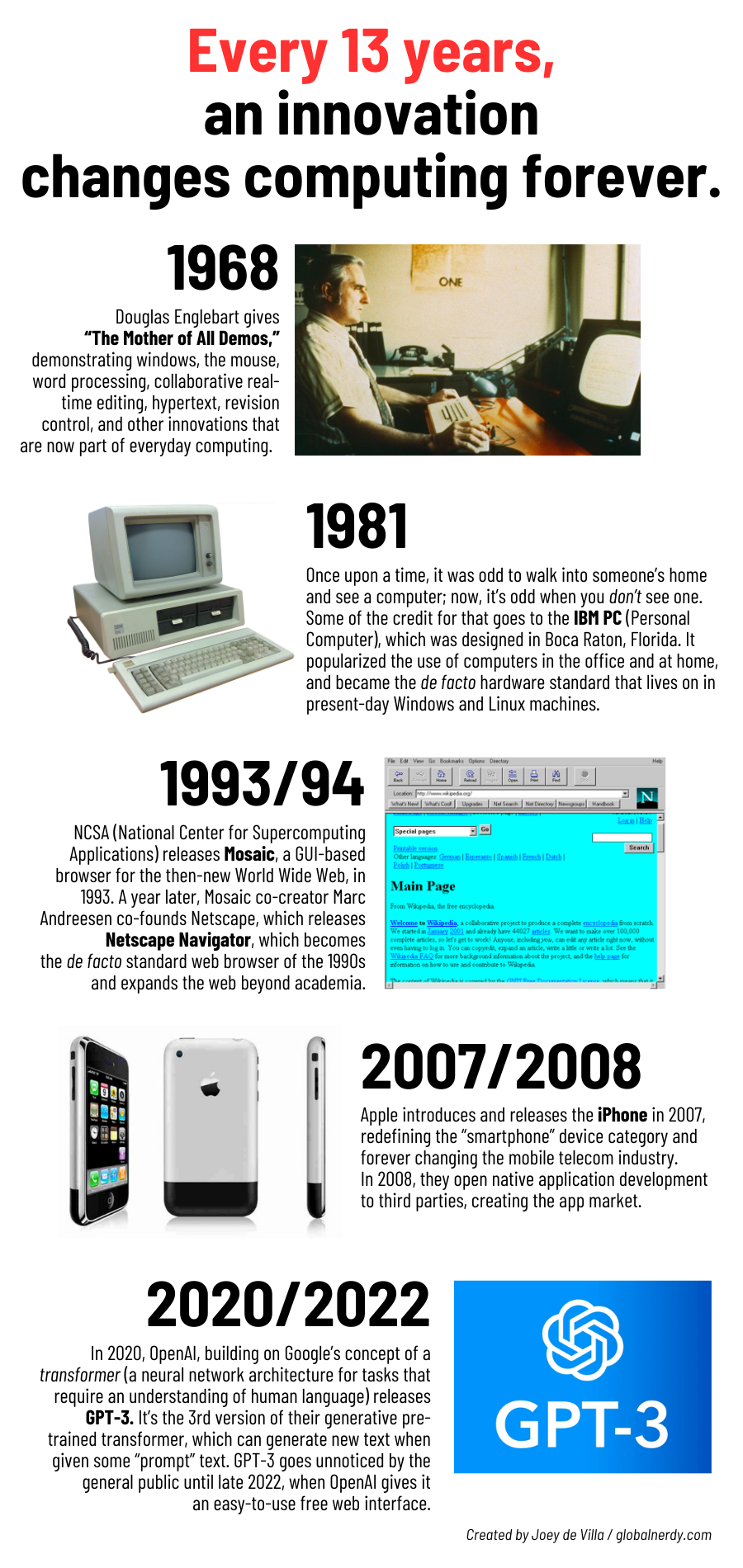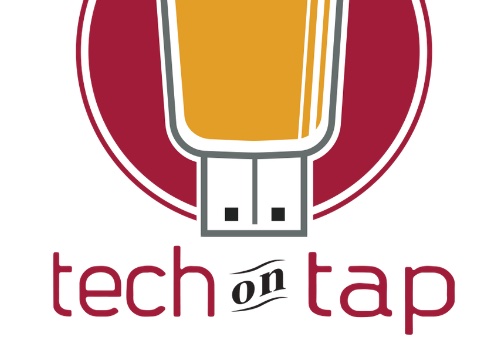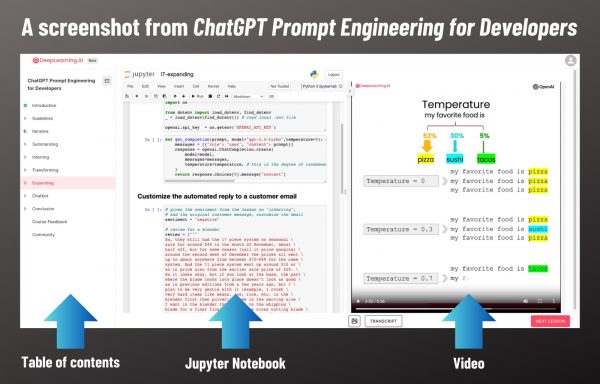| Group | Event Name | Time |
|---|
| Young Professionals Networking JOIN in and Connect! • Saint Petersburg, FL | St Pete Networking Breakfast at the Hangar Meet St Pete’s Top Pro’s All Weclcome | Wed, Jun 14 · 7:30 AM EDT |
| Tampa Bay Networking and Events • Largo, FL | Networking at The Hanger Restaurant & Flight Lounge! | Wed, Jun 14 · 7:30 AM EDT |
| Network Professionals Inc. of South Pinellas (NPI) • Saint Petersburg, FL | NPI Profit Partners Chapter – Exchange Qualified Business Referrals | Wed, Jun 14 · 7:30 AM EDT |
| 1 Million Cups – Orlando • Oviedo, FL | 1 Million Cups – Orlando Weekly Meetup | Wed, Jun 14 · 8:30 AM EDT |
| Suncoast Drone Club • Tampa, FL | Pop Stansell Park | Wed, Jun 14 · 9:00 AM EDT |
| Florida Center for Creative Photography • Saint Petersburg, FL | Coffee & Photography at O’Keefe’s Family Restaurant in Clearwater | Wed, Jun 14 · 9:00 AM EDT |
| Orlando Cybersecurity Meetup • Orlando, FL | Detect and respond to software supply chain attacks | Wed, Jun 14 · 11:00 AM EDT |
| Professional Business Networking with RGAnetwork.net • Tampa, FL | In Person Networking BRANDON! Just Love Coffee Cafe – Brandon FL | Wed, Jun 14 · 11:15 AM EDT |
| Tampa Bay Networking Meetings and Mixers • Tampa, FL | Carrollwood Networking Lunch! Join us and win! | Wed, Jun 14 · 11:30 AM EDT |
| Tampa Bay Networking and Events • Largo, FL | Networking at Glory Days Grill! | Wed, Jun 14 · 11:30 AM EDT |
| Tampa / St Pete Business Connections • Tampa, FL | Brandon Business Professionals IN Person!!!! | Wed, Jun 14 · 11:30 AM EDT |
| Young Professionals Networking JOIN in and Connect! • Saint Petersburg, FL | Brandon Business Professionals Just Love Coffee | Wed, Jun 14 · 11:30 AM EDT |
| Tampa Bay Networking and Events • Largo, FL | Networking at Just Love Coffee! | Wed, Jun 14 · 11:30 AM EDT |
| Tampa Bay Business Networking Meetings & Mixers • Tampa, FL | Brandon Networking Professionals Networking Lunch | Wed, Jun 14 · 11:30 AM EDT |
| Bradenton/Sarasota Networking Meetings and Mixers • Sarasota, FL | Business Networking Lunch | Wed, Jun 14 · 11:30 AM EDT |
| Entrepreneurs & Business Owners of Sarasota & Bradenton • Sarasota, FL | Sarasota Business Networking Lunch All Welcome, Just purchase Lunch! | Wed, Jun 14 · 11:30 AM EDT |
| Florida Startup: Idea to IPO • Tampa, FL | Certified ChatGPT Workshop | Wed, Jun 14 · 12:00 PM EDT |
| Web Design And SEO/SEM Three Sixty Degrees • Apollo Beach, FL | Web Design And SEO/SEM Three Sixty Degrees | Wed, Jun 14 · 12:00 PM EDT |
| Tampa SEO & Internet Marketing Meetup with Steve Scott • Tampa, FL | Free Webinar: Mastering Image Optimization: Tips & Tricks | Wed, Jun 14 · 12:00 PM EDT |
| Professional Women’s Meetup • Laurel, FL | Getting Over the Mid-Week Hump | Wed, Jun 14 · 12:00 PM EDT |
| Tampa Startup Founder 101 • Tampa, FL | Founder Showcase: Pre-Seed Startup Pitch & Networking Event (Online Conference) | Wed, Jun 14 · 1:00 PM EDT |
| Tampa 30s 40s Womens Book Social Club • Tampa, FL | Midweek Happy Hour in Midtown | Wed, Jun 14 · 4:00 PM EDT |
| Central Florida CitySec • Orlando, FL | SwanCitySec Meetup | Wed, Jun 14 · 5:00 PM EDT |
| Brandon Boardgamers • Brandon, FL | Board Gaming – In Person | Wed, Jun 14 · 5:00 PM EDT |
| The Tampa Chapter of the Society for the Exploration of Play • Tampa, FL | Playing Games in the Alley | Wed, Jun 14 · 5:00 PM EDT |
| Sarasota Business Exchange Club • Sarasota, FL | We ARE meeting again at Rusty Bucket Restaurant | Wed, Jun 14 · 5:30 PM EDT |
| Tampa Gaming Guild • Tampa, FL | Wednesday Board Game Night | Wed, Jun 14 · 5:30 PM EDT |
| Critical Hit Games • Saint Petersburg, FL | Board Game Night | Wed, Jun 14 · 6:00 PM EDT |
| Nerdbrew Events • Tampa, FL | Games & Grog @ Felicitous! | Wed, Jun 14 · 6:00 PM EDT |
| Tampa Bay Gaming: RPG’s, Board Games & more! • Tampa, FL | Hobby Night – Minis Painting Tips & Tricks at Armada Games | Wed, Jun 14 · 6:00 PM EDT |
| Clermont Nerd Games • Clermont, FL | Dungeons & Dragons One Shot Wednesdays | Wed, Jun 14 · 6:00 PM EDT |
| Trainers Backpack Hobby Shop Small Groups • Oviedo, FL | Trading Card Game Tutorial Adults | Wed, Jun 14 · 6:00 PM EDT |
| Chapters and Champagne Society • Tampa, FL | 1st Book Club Meeting. | Wed, Jun 14 · 6:00 PM EDT |
| Brews N Board Games • Orlando, FL | Board Game Night at Deadwords Brewing | Wed, Jun 14 · 6:00 PM EDT |
| Eccentricity Club (Foodies and Fun) • Altamonte Springs, FL | Korean at Korea House in Longwood | Wed, Jun 14 · 6:15 PM EDT |
| Tampa Bay UX Group • Tampa, FL | UX Fundamentals: Storytelling with Amanda Starling | Wed, Jun 14 · 6:30 PM EDT |
| Tampa Bay Inventors Council – www.TampaBayInventors.org • Largo, FL | Tampa Bay Inventors Council – www.tbic.us bi-monthly Meetup | Wed, Jun 14 · 6:30 PM EDT |
| Drunk’n Meeples the Social Tabletop (Board) Gamers • Palm Harbor, FL | Game Night! | Wed, Jun 14 · 6:30 PM EDT |
| Bradenton Photo Group • Bradenton, FL | Beyond Camera Basics | Wed, Jun 14 · 6:30 PM EDT |
| Tampa Writers Alliance • Tampa, FL | Tampa Writers Alliance Critique Group | Wed, Jun 14 · 6:30 PM EDT |
| Suncoast Developers Guild • Saint Petersburg, FL | Open Code | Wed, Jun 14 · 7:00 PM EDT |
| Tampa Bay Bitcoin • Tampa, FL | [Virtual] Tampa Bay Bitcoin Meetup: News, Markets, & Community | Wed, Jun 14 · 7:00 PM EDT |
| Broward Drupal Users Group • Boca Raton, FL | Call for presenters | Wed, Jun 14 · 7:00 PM EDT |
| MakerFX Makerspace • Orlando, FL | MakerFX Makerspace Art Of Electronics Guild | Wed, Jun 14 · 7:00 PM EDT |
| Geekocracy! • Tampa, FL | Book Club – The Invisible Life of Addy LaRue Part 2 | Wed, Jun 14 · 7:00 PM EDT |
| Castaways Euchre Club • Saint Petersburg, FL | Castaways Euchre Club | Wed, Jun 14 · 7:00 PM EDT |
| Adventures On Tap: TTRPGs and Board Games • Orlando, FL | Nerd Night: Board Games and Beer at Deadwords Brewing | Wed, Jun 14 · 7:00 PM EDT |
| The Art Of Photography – Tampa/Gulf Coast Chapter • Tampa, FL | Presenting WED 06/14 – 7:00 PM / PHOTOGRAPHY CLASS – PART 2 of 2 | Wed, Jun 14 · 7:00 PM EDT |
| Central Florida AD&D (1st ed.) Grognards Guild • Winter Park, FL | New Beginnings & Old Rivalries | Wed, Jun 14 · 7:00 PM EDT |
| Communication Skills for Quiet People • Orlando, FL | How to Improve Your Social Life | Wed, Jun 14 · 7:00 PM EDT |
| Chan’s Book Club of Tampa Bay • Tampa, FL | Wine Down | Wed, Jun 14 · 7:00 PM EDT |
| Nerd Night Out • Tampa, FL | Game Night @ Felicitous on 42nd by USF | Wed, Jun 14 · 7:00 PM EDT |
| Writers of Central Florida or Thereabouts • Maitland, FL | The Short Attention Span Storytelling Hour | Wed, Jun 14 · 7:00 PM EDT |
| Women In Linux • Tampa, FL | Understanding Linux | Wed, Jun 14 · 8:00 PM EDT |
| Orlando Lady Developers Meetup • Orlando, FL | Code challenge Monthly coding session | Wed, Jun 14 · 8:00 PM EDT |

















